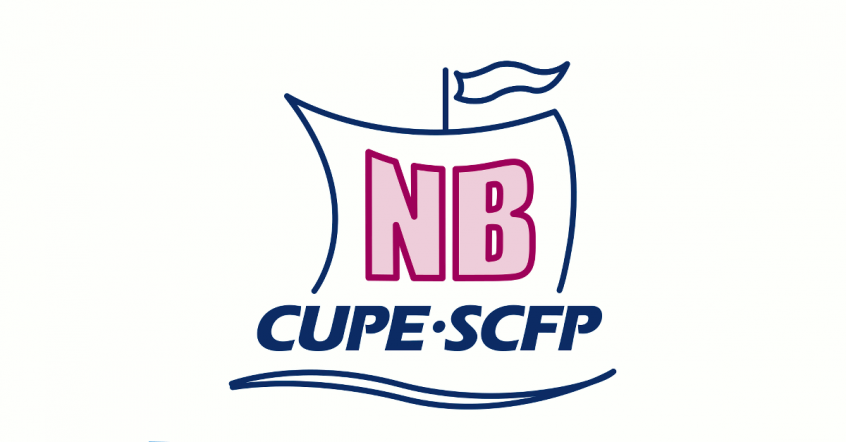MONCTON: The NB Coalition for Pay Equity deplores the government’s slow pay-out of pay equity as well as the lack of available information. “We expected important pay equity adjustments this year, but the government is only paying out a fraction of the adjustments and is spreading them out over six years,” said Vallie Stearns, Chair of the Coalition. “Pay equity is a human right which should be respected, in full, immediately.”
The Pay Equity Act, 2009 and its corresponding regulations prescribe that public sector adjustments should begin on April 1st, 2012 with possible instalments over 4 years.
The government also set up voluntary pay equity programs, targeting four groups from the private sector, namely the staff of child care centres, home support agencies, transition houses and group homes.
The budget announced a total of $ 6.4 millions to be allocated to pay equity this year and promised additional adjustments over the next five years. However, group home workers will only start receiving their pay equity payments in 2013-2014.
The Coalition stresses that the total pay equity adjustments were not specified in the budget and that public pay equity reports have still not been released.
“Crucial information is still missing, but it is clear that this year’s allocation will make little difference in the lives of NB women – $ 6.4 million represents less than a cup of coffee a day for each person holding a female-dominated job in the four targeted groups and the public sector combined,” stated the Coalition’s Chair.
Vallie Stearns asks the government to share all information coming out of pay equity programs both in the public sector and the four private sector groups: “What are the total figures for the adjustments? How were the calculations made? Employees and employers participated in good faith in this pay equity exercise. They have the right to this information.”
The Coalition’s Chair concluded by re-emphasizing the economic importance of pay equity: “We agree with the government on one major point: pay equity is a strategic investment. Equitable wages will support women, their families, and the local economy. Moreover, many female-dominated jobs contribute to the social infrastructure – a factor which can help attract potential investors who value a stable work force.”

